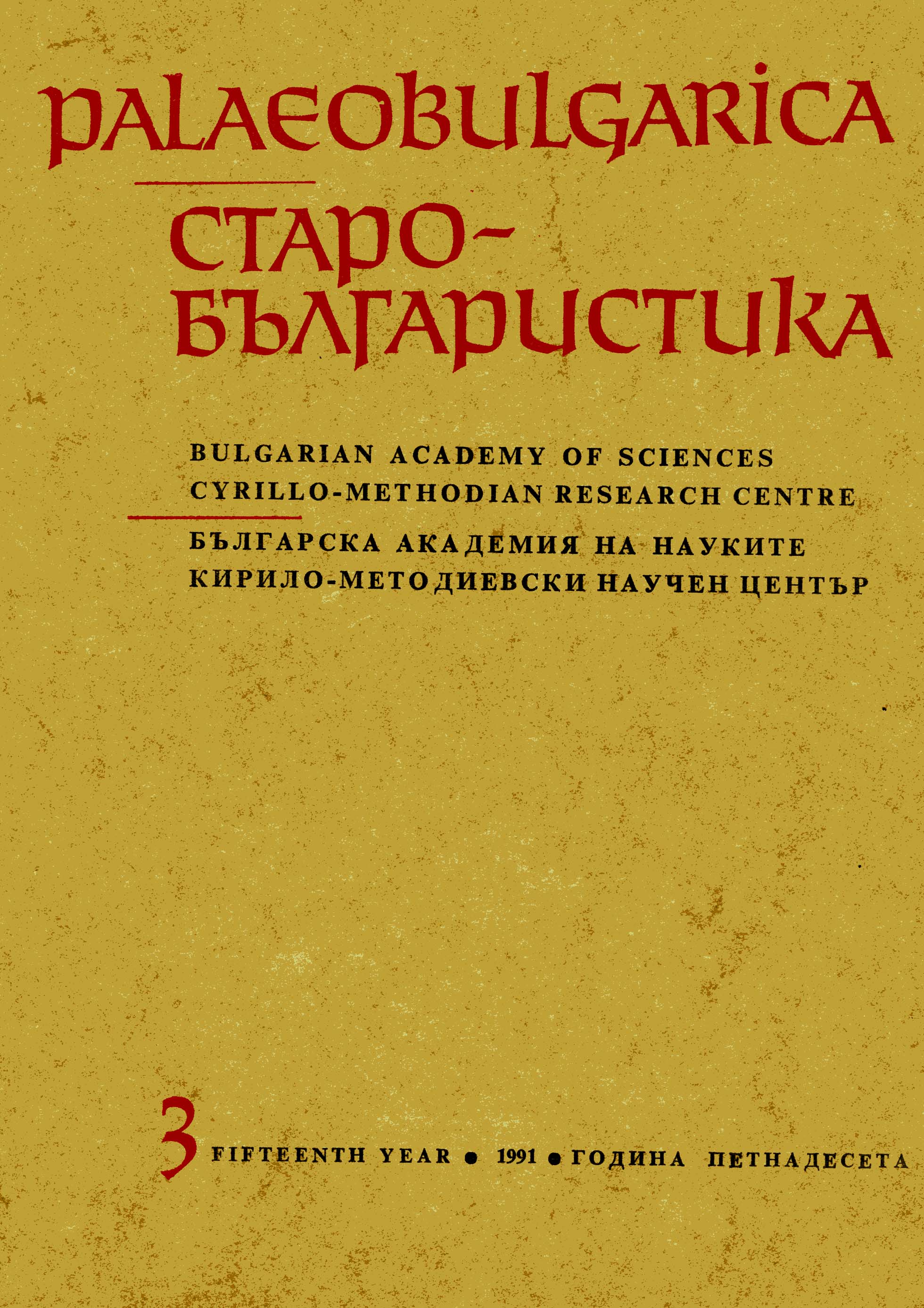
We kindly inform you that, as long as the subject affiliation of our 300.000+ articles is in progress, you might get unsufficient or no results on your third level or second level search. In this case, please broaden your search criteria.

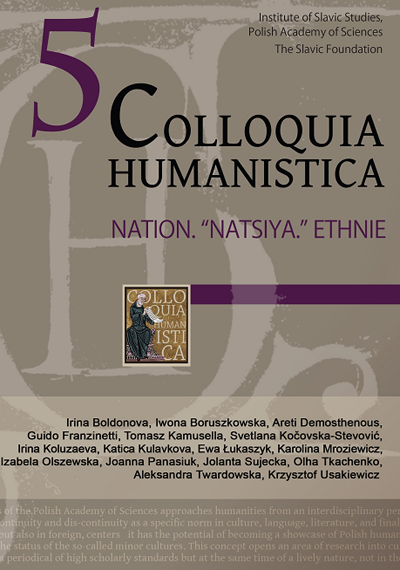
On 16 June 2015, the Academy for the Development of Philanthropy in Poland and the Adam Mickiewicz Literary Society announced the winners of the third edition of the Inka Brodzka-Wald Award for doctoral dissertations in the humanities. The competition was open for theses which concerned present issues and were defended in 2014.
More...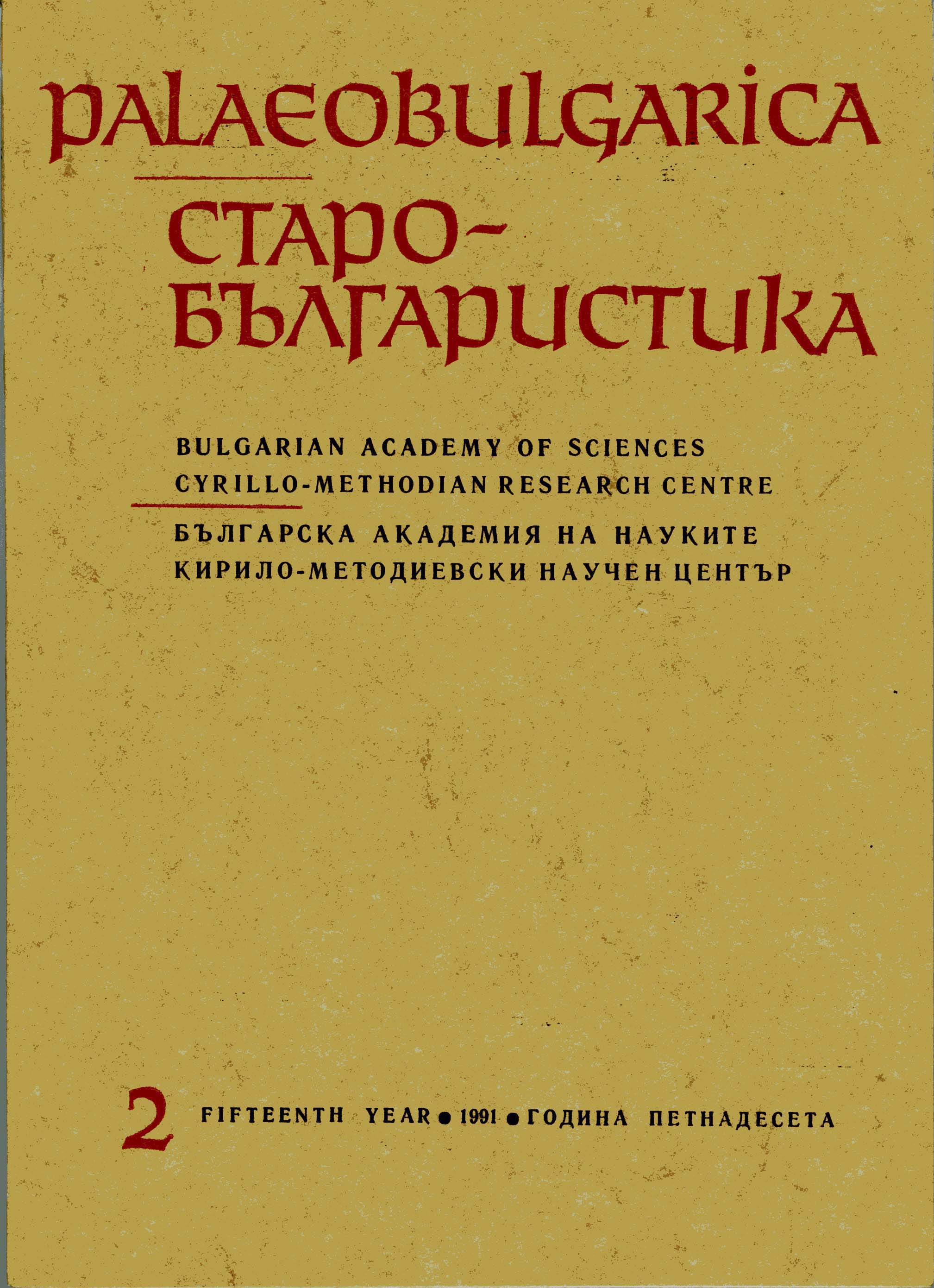

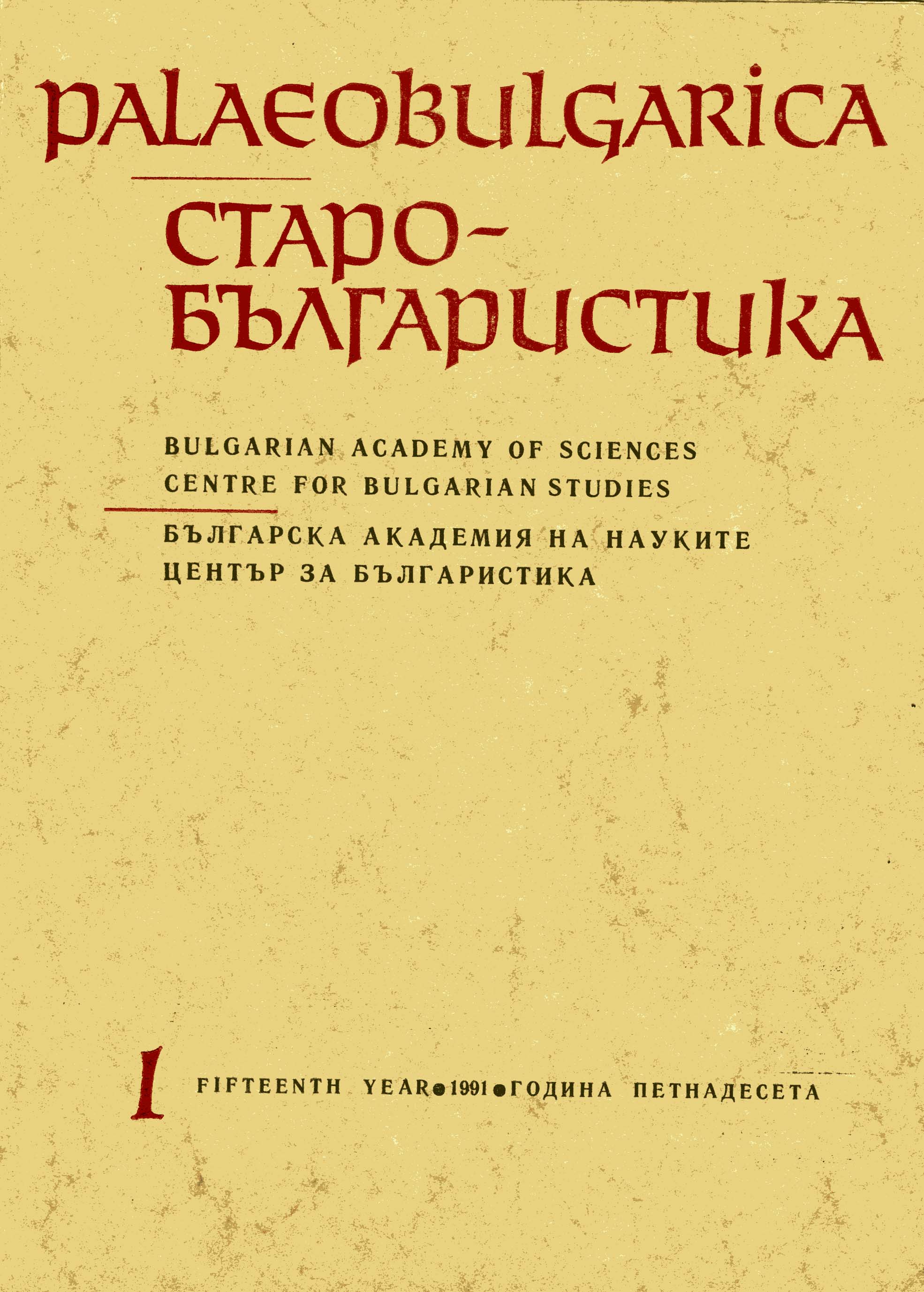



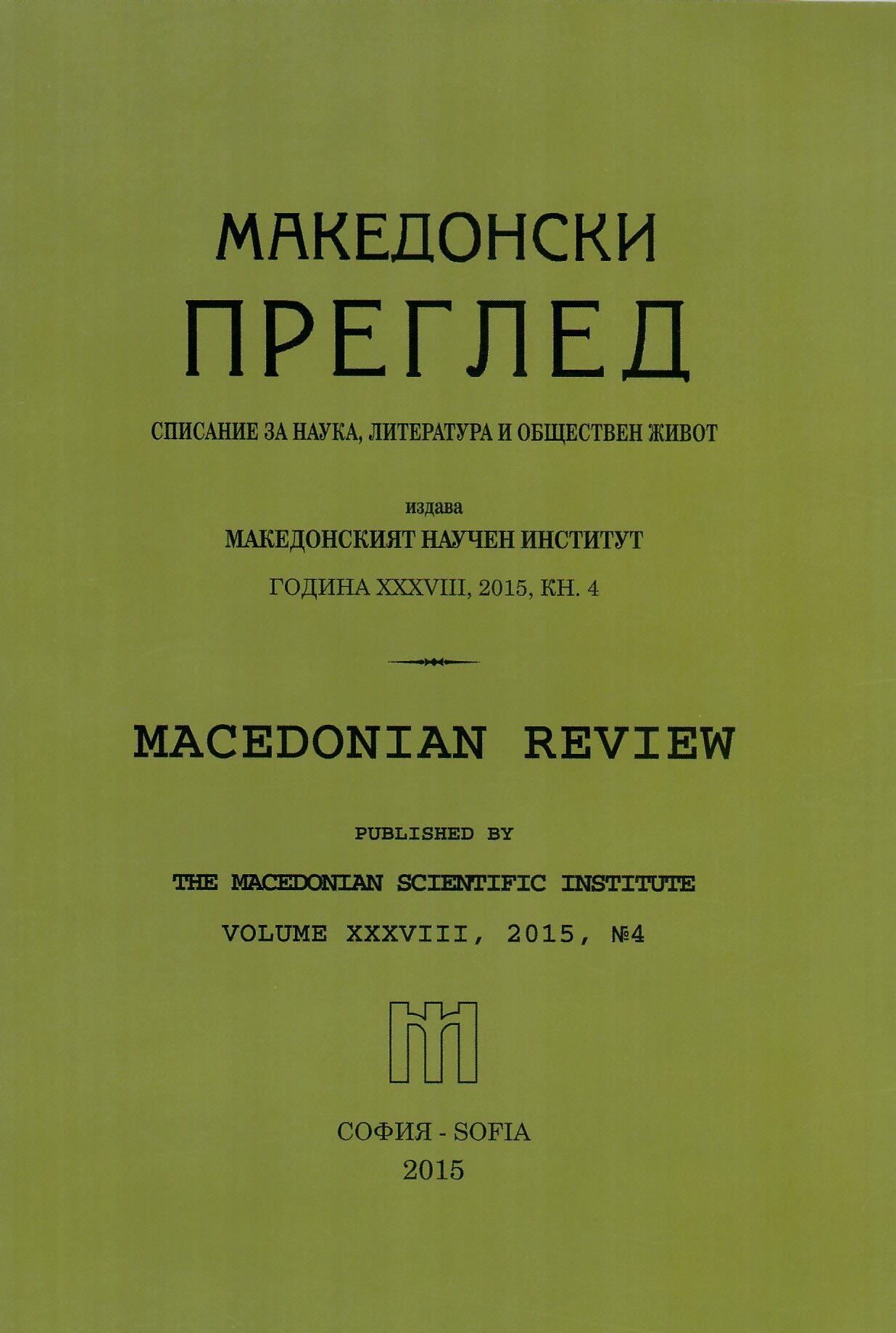


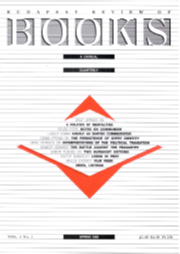
OTKA (Hungarian Research Fund) Research in Progress 1992-1996 – Selected Grants for the Period 1992 – 1996 (Social Sciences)
More...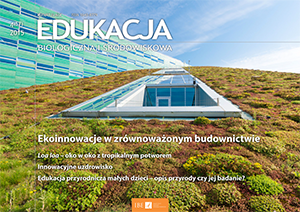
Geny kodujące białka mitochondrialne znajdują się albo w jądrze komórkowym, albo w genomie mitochondrialnym. Zespół Lebera jest chorobą mitochondrialną, której przyczyną jest defekt genetyczny mitochondrialnego DNA. Na poniższym schemacie przedstawiono schemat zapłodnienia z uwzględnieniem dziedziczenia mitochondriów.
More...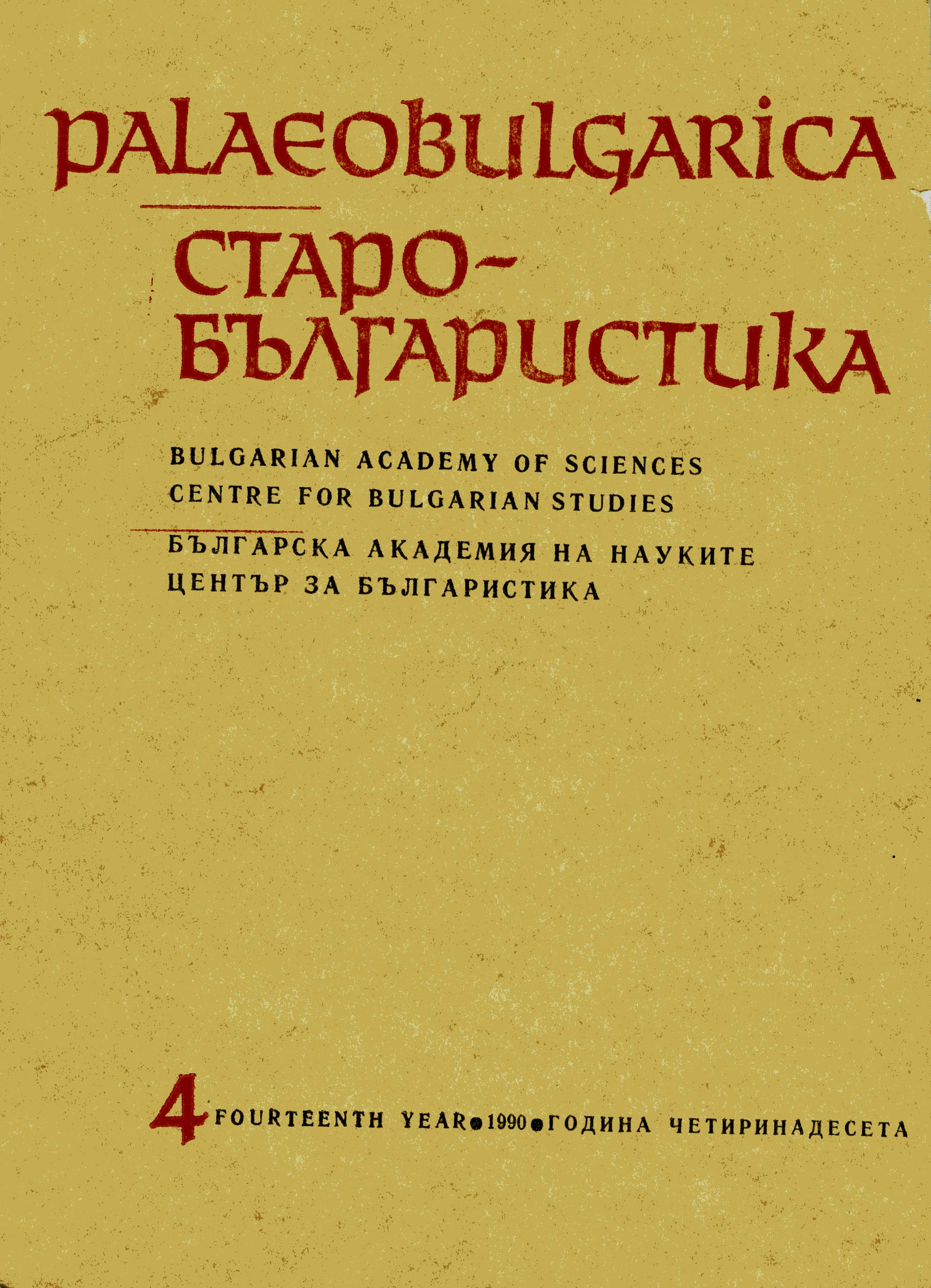



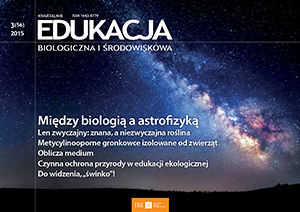
Rewolucja w polskim nazewnictwie ssaków – nazwa świnka morska przechodzi do lamusa. Zastąpi ją kawia domowa. Muzeum i Instytut Zoologii Polskiej Akademii Nauk wydało niedawno publikację pod tytułem Polskie nazewnictwo ssaków świata, która jest próbą uzupełnienia i ujednolicenia nazw systematycznych dzikich ssaków w języku polskim. Autorzy zaprezentowali w książce wykaz gatunków ssaków w języku polskim, łacińskim i angielskim, informacje o stopniu zagrożenia wyginięciem oraz rozmieszczeniu według regionów zoogeograficznych, a także aktualne nazwy rodzajów, rodzin i rzędów.
More...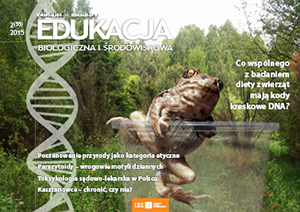
Parasitoids are mainly insects whose larva develop by feeding on or in the bodies of other arthropods (mainly immature insects, including butterflies). In contrast to the classical parasites they always lead to the death of their hosts, moreover as adults they are free living, eating mostly pollen, nectar or honeydew, sometimes haemolymph. Parasitoids of butterflies fall into two insect orders, Hymenoptera and Diptera. The article describes the various development strategies of parasitoids in relation to the different stages of development of the host, and describes the most important problems with location of hosts and with defeating their immune system.
More...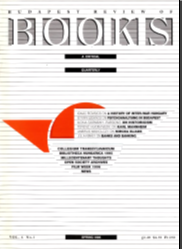
Interview: István Székács Talks to Miklós Hadas István Székács-Schönberger was born in Budapest in 1907. In 1932, he received his M.D. from the Pázmány Péter University Budapest. The years 1932-33 he spent studying physics and chemistry at the Chemical Institute of the university. From 1927 to 1935, he worked as research assistant under Professor Pál Hári at the university’s Institute for Biochemistry and Pathochemistry.
More...